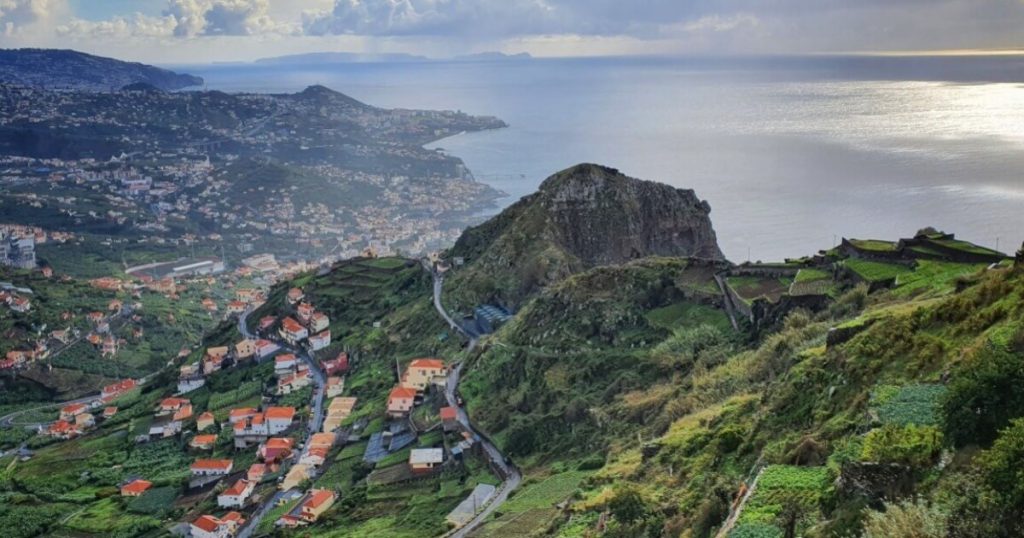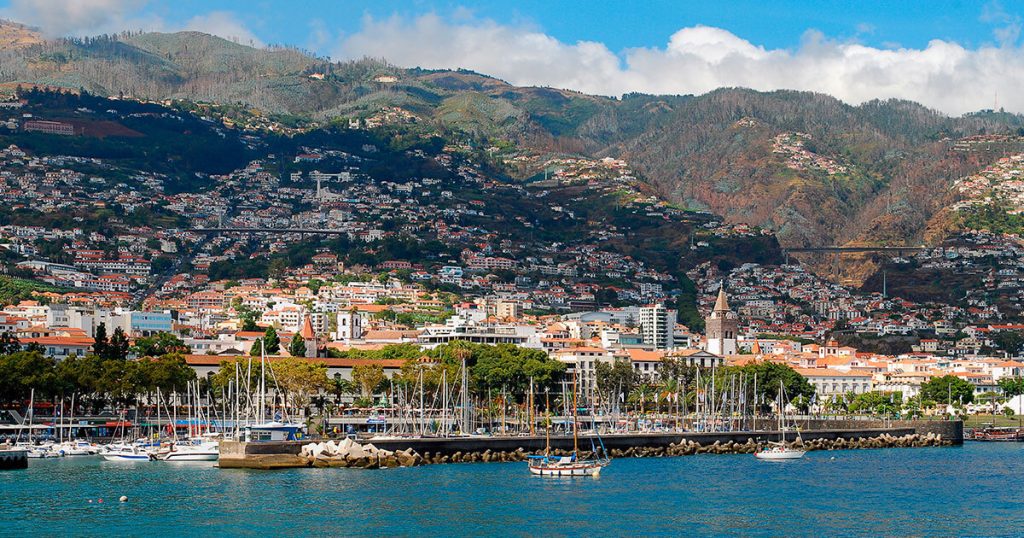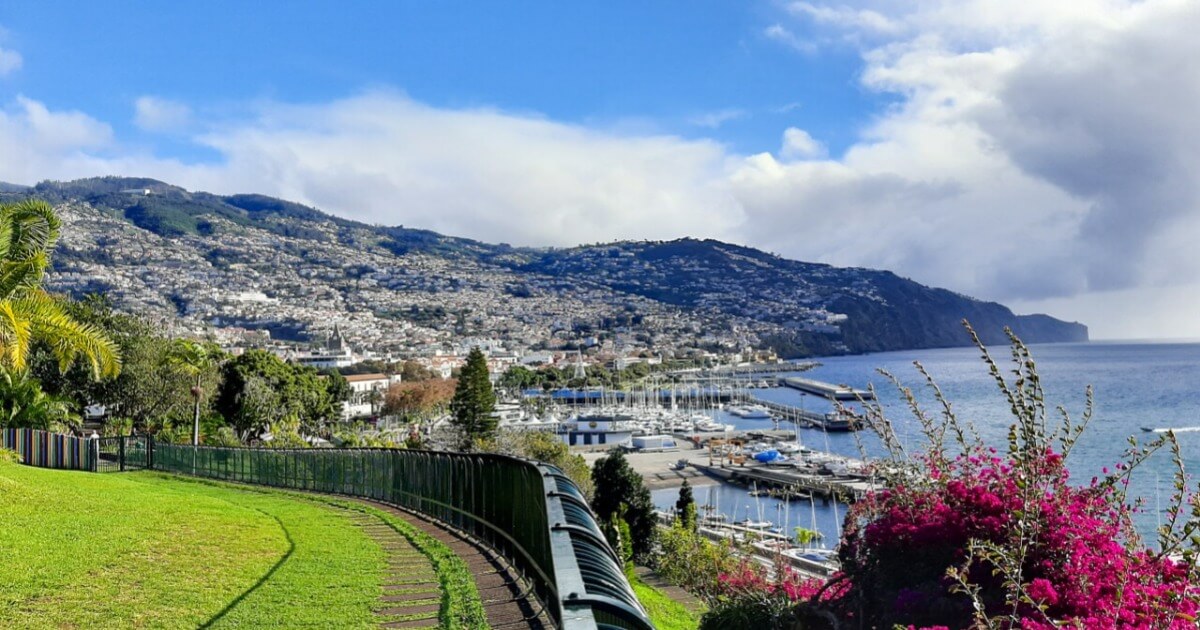Retiring in Portugal (and Madeira Island) is becoming an increasingly popular option for expats, and it’s easy to see why. With their beautiful climate, diverse culture and low cost of living, Portugal and Madeira Island are ideal retirement destinations. But before you start packing your bags, it’s essential to consider all the pros and cons of retiring, either on the Portuguese mainland or on always-Spring Madeira Island. In this blog article, we’ll explore the pros and cons of retiring in Portugal, what you need to know about the cost of living, employment opportunities, healthcare and social security, tax implications, and the immigration process. We’ll also look at how to find the right retirement location in Portugal for you.
Introduction
Retiring in Portugal is a dream for many expats. With its stunning scenery, vibrant culture and welcoming people, Portugal offers a unique retirement experience that is hard to find elsewhere. But it’s important to plan ahead and consider all the pros and cons of retiring in Portugal before you make the move. In this blog article, we’ll take a deep dive into the pros and cons of retiring in Portugal and what you need to know about the cost of living, employment opportunities, healthcare and social security, tax implications, and the immigration process. We’ll also look at how to find the right retirement location in Portugal for you.
Pros and Cons of Retiring in Portugal
One of the biggest pros of retiring in Portugal is the climate. With its mild, temperate climate, Portugal is a great place to enjoy the outdoors, and the country is known for its stunning beaches and beautiful landscapes. The country also has an incredibly rich culture and history, and there is something for everyone to enjoy in Portugal.
However, there are some drawbacks to retiring in Portugal. The cost of living is higher than in some other countries, and the language barrier can be a challenge for expats who are not fluent in Portuguese. The healthcare system can also be a bit confusing, and bureaucracy can make it challenging to navigate.

What You Need to Know About Retiring in Portugal
Before you make the move to Portugal, it’s crucial to have a clear understanding of the country and its laws. Portugal is a member of the European Union, and its currency is the euro. It’s essential to familiarize yourself with the laws and regulations before you make the move, as they can be complex and change frequently. Expats should also be aware that there is a wealth tax in Portugal, and it is vital to understand how this tax works.
The Cost of Living in Portugal
The cost of living in Portugal is higher than in some other countries, but it is still relatively affordable compared to other European countries. Groceries, utilities, and rent are all relatively inexpensive, and the country has a vibrant restaurant and bar scene. However, it’s essential to factor in the cost of living when planning for retirement, as it can quickly add up.
Employment Opportunities in Portugal
Finding employment in Portugal can be a challenge, especially for expats who are not fluent in Portuguese. Most jobs in Portugal require fluency in the language, and expats should be prepared to invest time and energy into learning the language. However, some jobs are still available for expats, especially in the tourism and hospitality industries. However, if you are a digital nomad or a pensioner, the matter should not worry.
Healthcare and Social Security in Portugal
Healthcare in Portugal is generally of high quality and is easily accessible. Expats are eligible for the Portuguese healthcare system, and private healthcare options are available. Social security benefits are available for retirees in Portugal, and it’s essential to familiarize yourself with the system before you make the move.
Tax Implications for Expats in Portugal
Taxes in Portugal can be complicated, and it’s essential to familiarize yourself with the rules and regulations before you make the move. Luckily, if specific requirements are met, Portugal offers unique benefits for expats, namely a ten-year tax holiday on their foreign income under the NHR scheme. Understanding the tax implications of retiring in Portugal is essential, as it can significantly impact your finances.
The Immigration Process for Retiring in Portugal
The immigration process for retiring in Portugal is relatively straightforward. Expats who are planning to stay for more than 90 days need to obtain a residence permit, which can be done through the Portuguese immigration office. Expats also need to obtain a visa if they plan to stay in the country for over three months. Special conditions apply for those holding EU nationality, Andorran, Lichtensteiner, Norwegian or Swiss nationality.
Finding the Right Retirement Location in Portugal
When it comes to retirement, there are many different locations to choose from in Portugal. Some popular retirement destinations are the cities of Lisbon and Porto. As for those relocating to Madeira Island, the cities of Funchal, Ribeira Brava, Calheta, and Ponta do Sol are the most popular among expats thanks to their weather and unobstructed sea view. Each of these cities offers something unique, and it’s essential to consider your lifestyle and budget when deciding which one is right for you.

Conclusion
Retiring in Portugal can be an excellent option for expats, but it’s essential to consider all the pros and cons before you make the move. In this blog article, we explored the pros and cons of retiring in Portugal, what you need to know about the cost of living, employment opportunities, healthcare and social security, tax implications, and the immigration process. We also looked at how to find the right retirement location in Portugal for you. Retiring in Portugal can be a rewarding and fulfilling experience with proper planning and preparation.
At MCS, we can assist you with your tax and immigration matters in Portuguese territory, especially Madeira Island. This article is provided for general information purposes only and is not intended to be, nor should it be construed as, legal or professional advice of any kind. Should you have any questions, please do not hesitate to contact us.

Miguel Pinto-Correia holds a Master Degree in International Economics and European Studies from ISEG – Lisbon School of Economics & Management and a Bachelor Degree in Economics from Nova School of Business and Economics. He is a permanent member of the Order of the Economists (Ordem dos Economistas)… Read more




